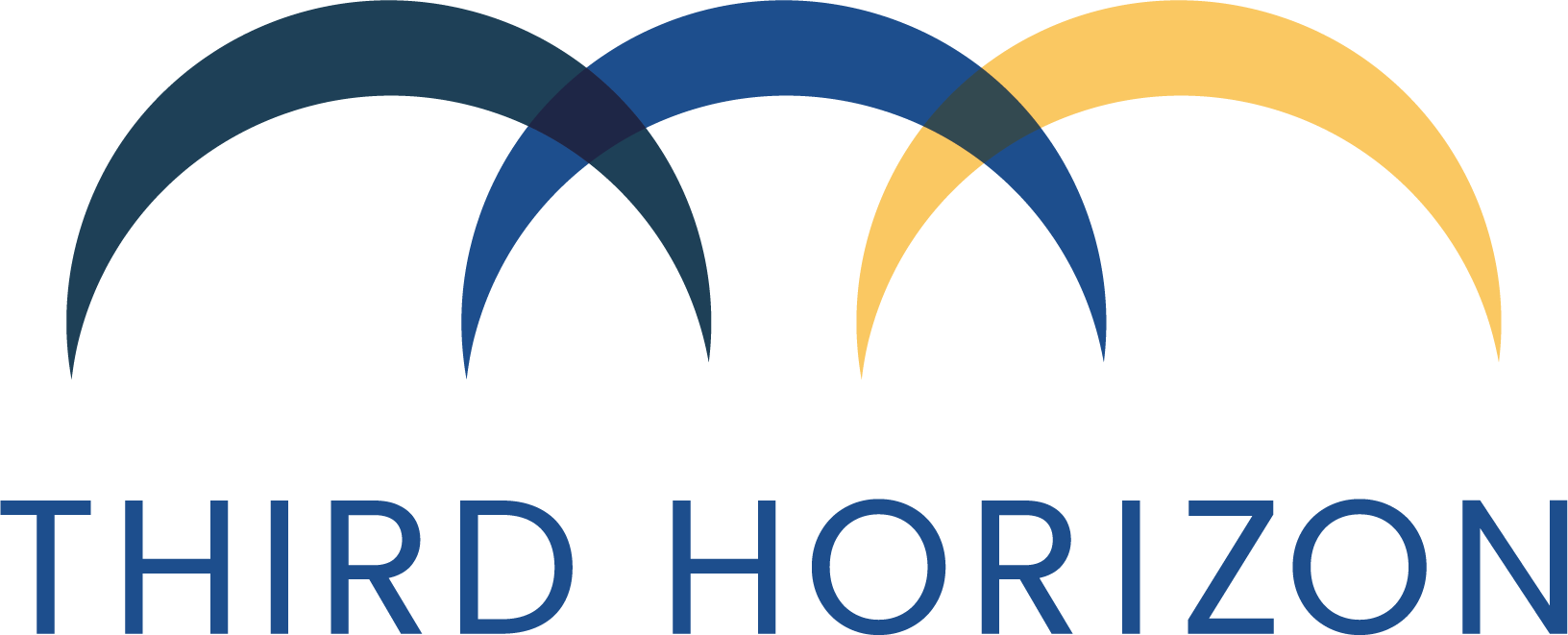July 22, 2019 – On Wednesday, July 17, Centers for Medicare & Medicaid Services (CMS) Administrator Seema Verma published a blog in Health Affairs announcing that just 66 ACOs joined the Medicare Shared Savings Program (MSSP) for the July 1 start date – less than half the number of new ACOs that joined in 2018. There are now 518 ACOs in the MSSP compared to 561 last year. Of those ACOs, 41 are entirely new to the program and 25 are re-entering after a time of not participating.
Additionally, more ACOs are leaving the program. Approximately 40 percent of ACOs that had contracts at the end of 2018 decided not to apply to participate in the new program – a 10 percent increase than in previous years.
Just last December CMS finalized a rule that revamped the risk requirements for ACOs participating in the MSSP. Under the new Pathways to Success program, ACOs are forced to assume downside risk after three years rather than six. Administrator Verma’s blog is the first time participation data has been available since the new program was announced.
According to the National Association of ACOs (NAACOS), the enrollment figures are drastically lower than in previous years. In a press release, the group noted that on average, more than 100 new ACOs joined the MSSP in the first seven years of the program. NAACOS President and CEO Clif Gaus voiced concerns that the limited number of new ACOs participating could impede overall program success.
However, other industry groups have not been concerned about the enrollment figures – and neither is Administrator Verma. In the blog she wrote, “The participation rates for July 1, 2019 are in line with what the agency projected when Pathways to Success was launched, putting CMS on track to generate the $2.9 billion in savings over ten years that were projected.”
Our Take
It is still early to draw definitive conclusions for what, if any, implications the participation numbers portend. While we agree that some providers might be reticent to accelerate a pathway to downside risk, the lower aggregate enrollment number could stem from the mid-year enrollment date and additional ACOs could extend or initiate participation on January 1, 2020. It is also important to note that while the number of participating ACOs has decreased, the number of covered Medicare beneficiaries has increased.
We support the accelerated pathway to aligning incentives between providers and payers needs. Given CMS’ role as a purchaser and the ability of the MSSP to catalyze broader payment reform across the nation, we believe the program can be successful if the agency – regardless of administration – manages the current rules with high fidelity, engages and equips participating ACOs with the data and information they require, and limits future programmatic changes from introducing additional volatility.


